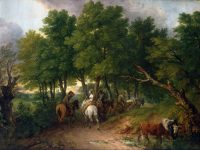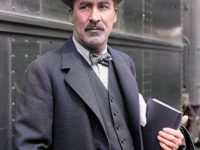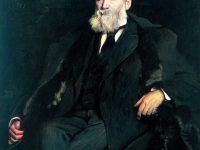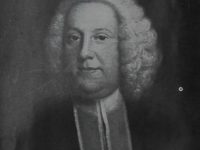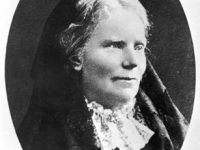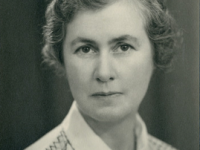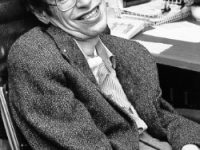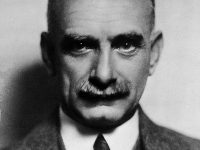Oliver Heaviside changed the Face of Telecommunications
On May 18, 1850, English self-taught electrical engineer, mathematician, and physicist Oliver Heaviside was born. Heaviside adapted complex numbers to the study of electrical circuits, invented mathematical techniques for the solution of differential equations, reformulated Maxwell’s field equations in terms of electric and magnetic forces and energy flux, and independently co-formulated vector analysis. “However absurd it may seem, I do in all seriousness hereby declare that I am animated mainly by philanthropic motives.…
Read more


